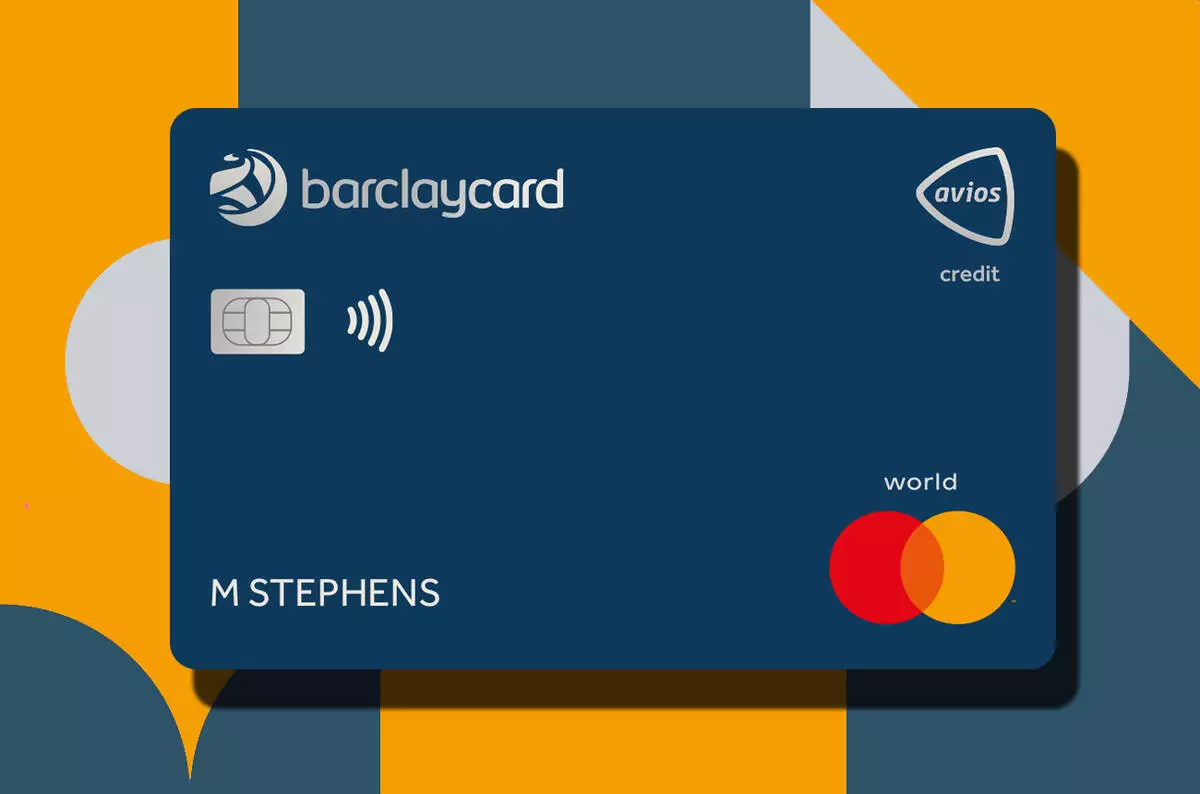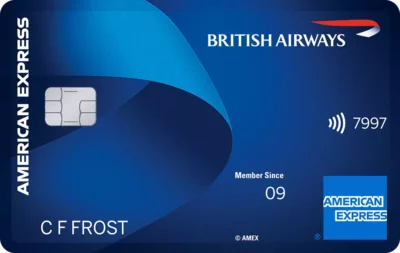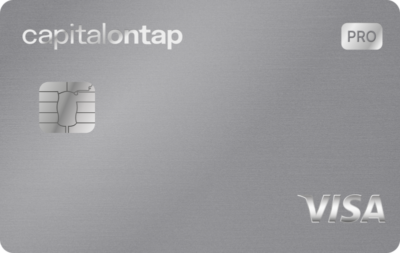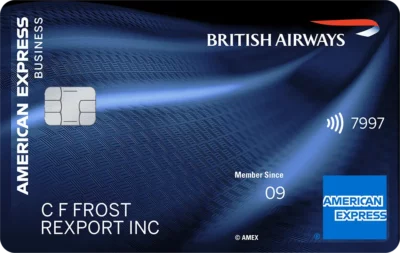Avios theft – hackers cancel your redemptions to boost their haul and BA won’t reinstate
Links on Head for Points may support the site by paying a commission. See here for all partner links.
Two weeks ago we wrote about the experience Rhys had when a hacker got into his brother’s Avios account, which was part of a family account including Rhys, and drained over 500,000 Avios from family members.
British Airways reinstated the Avios and all was good.
If you thought this meant that you could rest easily about Avios security, because BA will see you right, I’ve got some bad news.

It appears that the people who hack into Avios accounts are smarter than you think.
I have heard multiple reports of hackers checking the account to see if any unflown Avios reward bookings are in place.
If the hackers find reward flights, they cancel them.
Why? It’s simple. British Airways returns the Avios to your account immediately. The hacker now has a larger pot of Avios to steal.
Now, as Rhys found out, British Airways will return the stolen Avios to your hacked account. It doesn’t have to and you should be grateful that it offers this as a goodwill gesture.
However, it appears that British Airways will NOT reinstate Avios bookings which have been cancelled.
You will, for clarity, get the Avios from those bookings returned to you. Unfortunately this isn’t much help if you had made a redemption many months ago and have little chance of finding replacement seats.
To quote one of the comments to our original article:
One of the most worrying things I saw on a Facebook group was how a few accounts have been hacked and their existing reward flights cancelled to obtain more points to withdraw fraudulently.
BA refused to reinstate the flights once the Avios were returned, as presumably the reward availability was no longer there. This devastated one couples holiday which from memory was roughly 10 days away from when the account was hacked.
In response to this another HfP reader wrote:
Yes, my colleague had this. Luckily their flights were reinstated as there was availability, but he was told otherwise it would be a no.
So …. don’t let the knowledge that British Airways will reimburse your stolen Avios stop you from beefing up your account security.
Whilst your Avios will be returned, you are still at risk of losing any redemption flights on your account.
PS. It’s worth noting that, for household account members, a flight can only be cancelled by the original booker. No-one else in a household account, or any other passenger on the ticket, can initiate a cancellation. This gives you a little more protection.
If you are the only person who ever books from your household account, your existing bookings are not at risk if another member is hacked. This was good news for Rhys, since he was two weeks away from heading off to New Zealand with three family members when his brother had his account compromised.
PS. If you are not a regular Head for Points visitor, why not sign up for our FREE weekly or daily newsletters? They are full of the latest Avios, airline, hotel and credit card points news and will help you travel better. To join our 70,000 free subscribers, click the button below or visit this page of the site to find out more. Thank you.

How to earn Avios from UK credit cards (August 2025)
As a reminder, there are various ways of earning Avios points from UK credit cards. Many cards also have generous sign-up bonuses!
In February 2022, Barclaycard launched two exciting new Barclaycard Avios Mastercard cards with a bonus of up to 25,000 Avios. You can apply here.
You qualify for the bonus on these cards even if you have a British Airways American Express card:

Barclaycard Avios Plus Mastercard
Get 25,000 Avios for signing up and an upgrade voucher at £10,000 Read our full review

Barclaycard Avios Mastercard
Get 5,000 Avios for signing up and an upgrade voucher at £20,000 Read our full review
There are two official British Airways American Express cards with attractive sign-up bonuses:

British Airways American Express Premium Plus Card
30,000 Avios and the famous annual Companion Voucher voucher Read our full review

British Airways American Express Credit Card
5,000 Avios for signing up and an Economy 2-4-1 voucher for spending £15,000 Read our full review
You can also get generous sign-up bonuses by applying for American Express cards which earn Membership Rewards points. These points convert at 1:1 into Avios.

American Express Preferred Rewards Gold Credit Card
Your best beginner’s card – 20,000 points, FREE for a year & four airport lounge passes Read our full review

The Platinum Card from American Express
50,000 bonus points and great travel benefits – for a large fee Read our full review
Run your own business?
We recommend Capital on Tap for limited companies. You earn points worth 0.8 Avios per £1 on the FREE standard card and 1 Avios per £1 on the Pro card. Capital on Tap cards also have no FX fees.

Capital on Tap Visa
NO annual fee, NO FX fees and points worth 0.8 Avios per £1 Read our full review

Capital on Tap Pro Visa
10,500 points (=10,500 Avios) plus good benefits Read our full review
There is also a British Airways American Express card for small businesses:

British Airways American Express Accelerating Business Card
30,000 Avios sign-up bonus – plus annual bonuses of up to 30,000 Avios Read our full review
There are also generous bonuses on the two American Express Business cards, with the points converting at 1:1 into Avios. These cards are open to sole traders as well as limited companies.

The American Express Business Platinum Card
50,000 points when you sign-up and an annual £200 Amex Travel credit Read our full review

The American Express Business Gold Card
20,000 points sign-up bonus and FREE for a year Read our full review
Click here to read our detailed summary of all UK credit cards which earn Avios. This includes both personal and small business cards.









Comments (185)